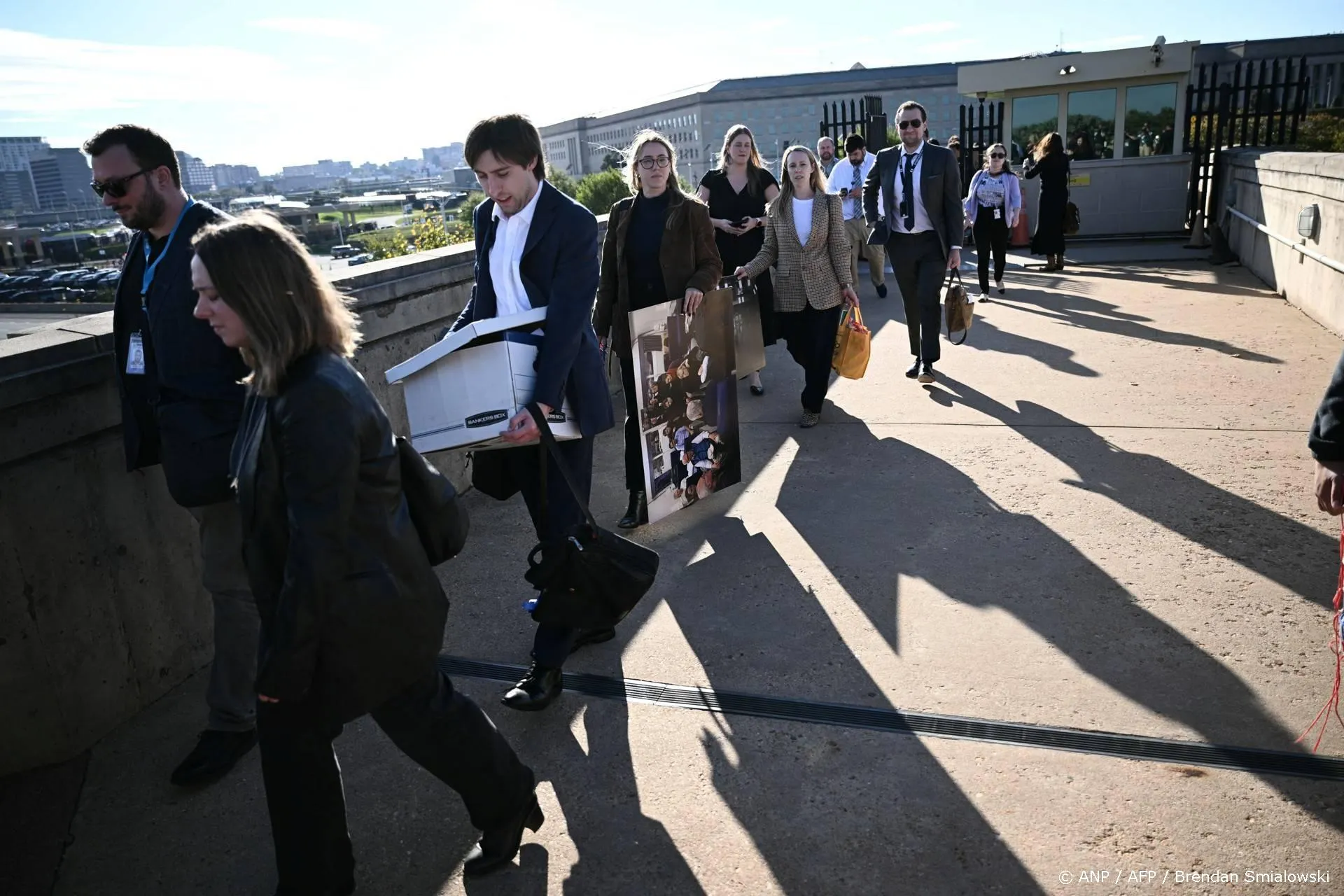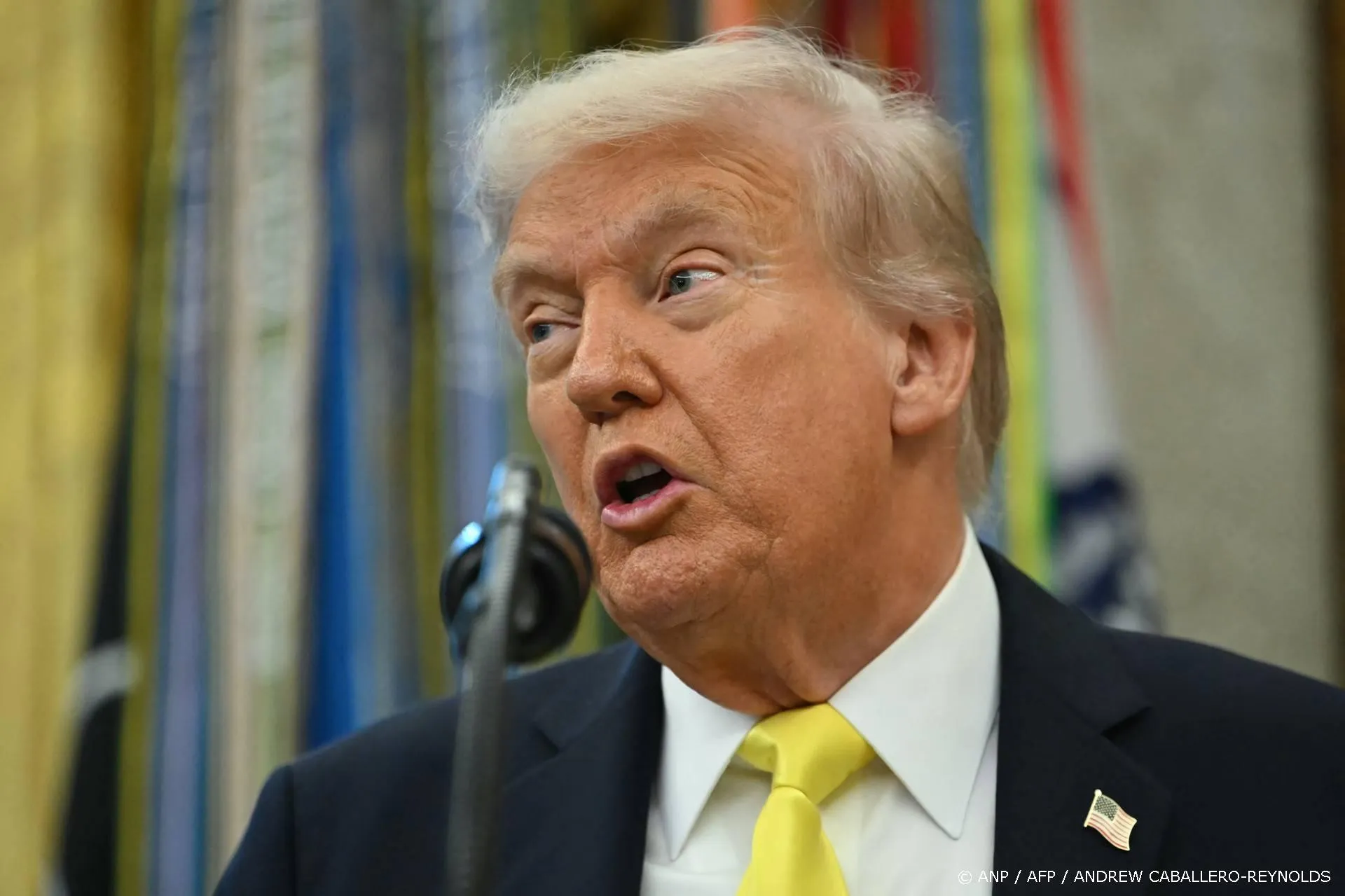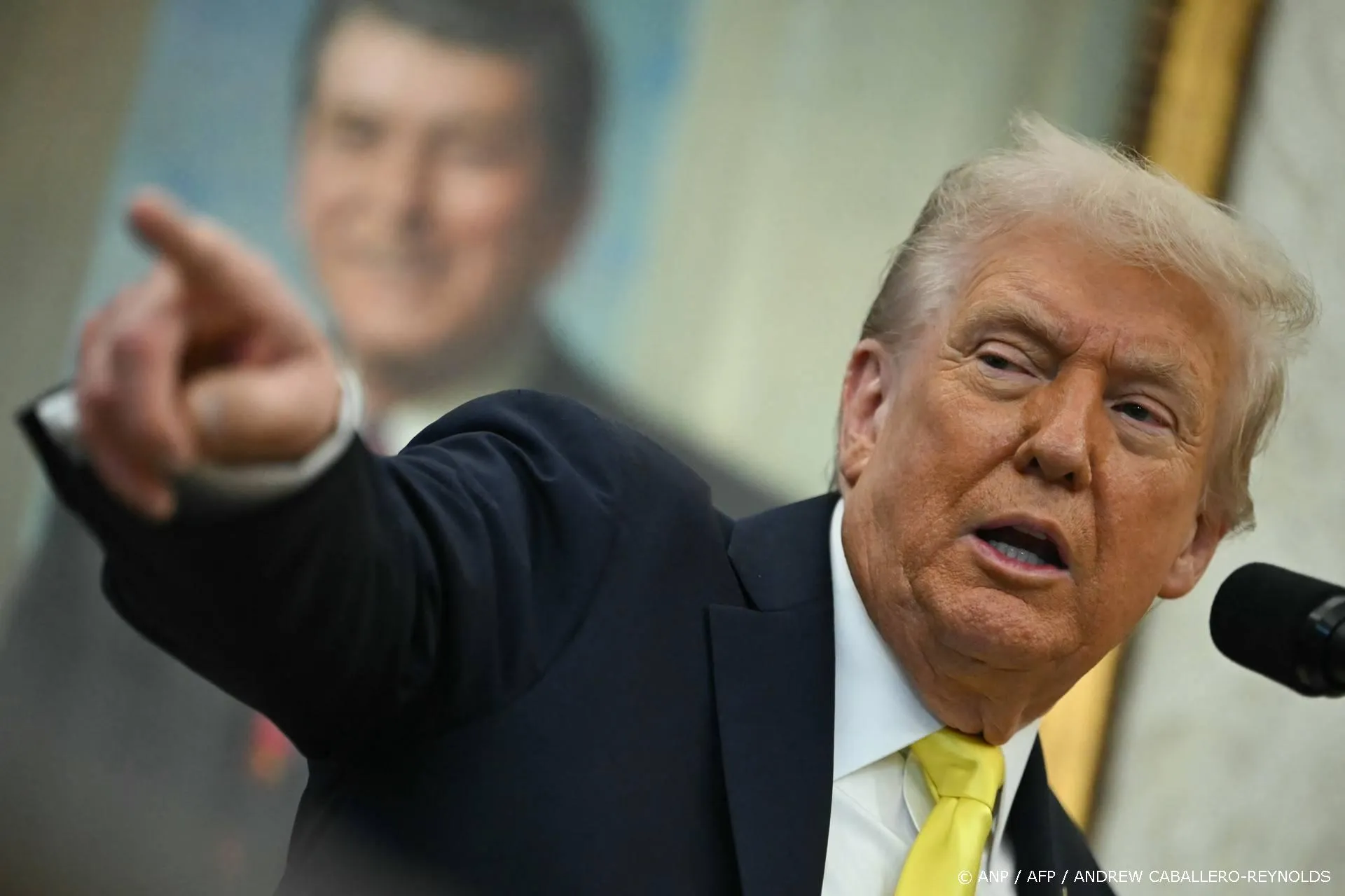Rookgordijnen rond de kosten van duurzame energie
De 'Groep van elf' heeft er in Nederland op gewezen dat de kosten van het Energieakkoord véél en véél hoger zullen uitvallen dan de belanghebbenden hebben beweerd, waardoor zij onbetaalbaar zullen worden.
Uiteindelijk zal als gevolg daarvan de maandelijkse energierekening per huishouden met 100 toenemen. Dat is voor mensen rond het minimum niet meer te betalen.
Ook in het Verenigd Koninkrijk zijn soortgelijke berekeningen gemaakt die hetzelfde uitwijzen. Maar met de blik op oneindig en het verstand op nul wordt het beleid to dusver toch doorgedrukt.
Er is een groeiend verzet tegen de verhoging van de energieprijzen in het Verenigd Koninkrijk als gevolg van groene heffingen. Dit kan de huidige conservatieve/LibDemcoalitie bij de komende verkiezingen fataal worden. Ten einde dat te voorkomen, zal binnenkort een kleine verlaging van de groene heffingen worden aangekondigd. Maar daarmee creëert men slechts een rookgordijn om de megaheffingen die er als gevolg van het duurzame energiebeleid in de toekomst aankomen, te verhullen.
Onder de titel, 'A £50 green energy tax cut is good news. The bad news? Britain will have to foot a £ 300 billion ecobill by 2030', schreef David Rose in de 'Daily Mail':
On Thursday, George Osborne will make an historic statement to the House of Commons. He will at long last announce a cut in green levies on our household energy costs to take £50 off an annual bill.
From a politician whose party once said Vote Blue, Go Green, this is a remarkable reversal.
The Mail on Sunday might claim some credit for it. This newspaper changed the context of the green taxation debate by revealing the inconvenient truth about global warming: despite the confident forecasts of climate computer models that underpin eco policies, the world has stubbornly refused to heat up for the past 17 years.
On Thursday the Chancellor George Osborne will announce a cut in green levies which will reduce bills by £50 .
But this is no victory. Yes, £50 may be being cut from bills. But astonishingly, theres still another £300?billion of projected increases from green commitments to go.
David Rose legt dan verder uit hoe deze getallen zijn berekend.
Lees verder hier.
Matt Ridley analyseerde de Britse energieellende tezelfdertijd vanuit macroperspectief.
Onder de titel, 'Green Energy could Kill British Economy', schreef hij onder meer in 'The Times'
George Osborne needs to act fast if we are to benefit from falling gas prices in the rest of the world.
The Chancellor is to knock £50 off the average energy bill by replacing some green levies with general taxation and extending the timescale for rolling out others. On the face of it, the possibility that global energy prices may start to fall over the next few years might seem like good political news for him, and some of the chicken entrails do seem to be pointing in that direction. There is, however, a political danger to George Osborne in such trends.
For Government strategists reeling from the twin blows of Ed Milibands economically illiterate but politically astute promise of an energy bill freeze and the energy companies price hikes, the prospect of lower wholesale energy prices might seem heaven sent. But in many ways it only exacerbates their problems, for the Government is right now fixing the prices we will have to pay for nuclear, wind and biomass power for decades to come. And it is fixing those prices at quite a high level.
The more that oil, gas and coal prices drop, the worse these deals look and the more they threaten our economic competitiveness. The Liberal Democrats have not allowed the Chancellor to cut subsidies for the renewable energy industry, the most regressive redistribution of wealth since the Sheriff of Nottingham was in his pomp. ...
[...] the argument that the running out of fossil fuels is what has been driving up prices has been proven once again, for the third time in my lifetime, to be bunk. America, the most explored and depleted oil and gas field in the world, is now increasing its oil and gas production at such a rate of knots that it is heading towards self-sufficiency. If an oil field as gigantic as the Eagle Ford can be found (through technological innovation) in Texas, think how much awaits explorers in the rest of the world. Even five years ago, gas was thought likely to be the first of the fossil fuels to run out. Nobody thinks that now.
At least nobody outside Whitehall. As Professor Dieter Helm told a House of Lords committee last month: I think one should be very sceptical about this Government and the last Government embarking on policies that require them to assume that the oil and gas prices are going to go up and then pursuing those policies and not being willing to contemplate the consequence of that not being the case. According to Peter Atherton of Liberum Capital, the recent strike price deal with EDF to build a nuclear power station at Hinckley Point in Somerset will only look good value to consumers if gas prices more than double by 2023.
Suppose, instead, world energy prices come down, even as the cost of subsidising renewables and nuclear starts to bite. We will have rising energy bills while the rest of the world has falling ones. That is a recipe for job destruction.
Lees verder hier.
Groot Brittannië heeft zich met zijn duurzame energiebeleid behoorlijk in de nesten gewerkt. Hierbij zijn reeds tientallen miljarden in een zwart gat verdwenen. Het is onbegrijpelijk dat een land dat over zoveel intellect en de beste universiteiten ter wereld beschikt zulke majeure beleidsblunders maakt.
Het land dat eens een lichtend voorbeeld voor de wereld was, lijkt nu afgegleden naar het niveau van een psychiatrische inrichting, waar de patiënten de leiding hebben overgenomen.
Voor Nederland biedt de Britse tragedie waardevolle lessen. Wij zouden ons niet aan dezelfde stenen hoeven te stoten. Maar Nederland lijkt op dit gebied introvert en navelstarend. De ervaringen bij onze westerburen lijken niet tot de beleidsmakers door te dringen en ook de reguliere media lijken de ernst van het probleem niet te zien. Daar dient z.s.m. verandering in te komen.
Voor Nederland biedt de Britse tragedie waardevolle lessen. Wij zouden ons niet aan dezelfde stenen hoeven te stoten. Maar Nederland lijkt op dit gebied introvert en navelstarend. De ervaringen bij onze westerburen lijken niet tot de beleidsmakers door te dringen en ook de reguliere media lijken de ernst van het probleem niet te zien. Daar dient z.s.m. verandering in te komen.
Voor mijn eerdere DDSbijdragen zie hier.
Ga verder met lezen
Dit vind je misschien ook leuk
Laat mensen jouw mening weten
Lees ook
Loading



